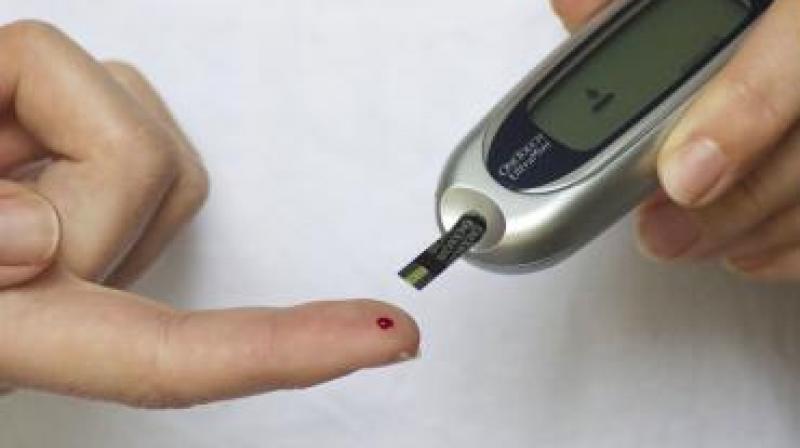Slightly elevated blood sugar not tied to higher risk of heart attack, says study
Diabetes has long been linked to increased risk of coronary artery disease as well as higher odds of heart attacks and cardiac arrest.

For people who already have cardiovascular problems, having high blood sugar below the cutoff for diabetes diagnosis doesn’t raise the risk of potentially fatal heart “events,” a recent study suggests.
Diabetes has long been linked to an increased risk of coronary artery disease as well as higher odds of heart attacks, cardiac arrest and what’s known as unstable angina, when plaque in the arteries ruptures and blocks the blood supply to the heart.
Research has been mixed, however, on whether slightly elevated blood sugar that is sometimes called “pre-diabetes” might also increase the risk of these heart issues.
For the current study, researchers examined data on patients already hospitalized for heart attacks or other serious problems that occur when the blood supply to the heart is suddenly blocked. This included 162 people with normal blood sugar, 202 individuals with slightly elevated blood sugar and 183 diabetics.
Compared to people with normal blood sugar, patients with diabetes were more than twice as likely to have a heart attack or other serious blockage over three years of follow-up. People with elevated blood sugar, but not at diabetic levels, had a slightly higher risk of these heart problems, but the difference was too small to rule out the possibility that it was due to chance.
“Those with pre-diabetes may be at higher risk for coronary artery disease, but not as high as those with diabetes,” said Dr. R. Brandon Stacey of Wake Forest University School of Medicine in Winston-Salem, North Carolina.
“This provides further motivation for individuals who are pre-diabetic to change their lifestyle to prevent the development of diabetes,” Stacey, who wasn’t involved in the study, said by email.
Past research suggests that between 5 percent and 10 percent of people with blood sugar levels that are above normal will progress to full-blown diabetes each year - but it isn’t “inevitable,” according to the World Health Organization. Studies also indicate that weight loss and lifestyle changes can return blood sugar to normal.
For the current study, researchers looked at ultrasound images to see whether blood sugar levels influenced the development of what’s known as vulnerable plaques, a mixture of fats and white blood cells that accumulate on artery walls. When these plaques break free, they can cause a heart attack or stroke.
Patients with diabetes and slightly elevated blood sugar were no more prone to these plaques than individuals with normal blood sugar, the study team reports in JACC: Cardiovascular Imaging.
But during the study, roughly 26 percent of the diabetes patients had a heart attack or other major cardiovascular event, compared to roughly 16 percent of those with normal or slightly elevated blood sugar.
The study wasn’t a controlled experiment designed to prove whether or how slightly elevated blood sugar might contribute to the risk of serious heart problems.
Another limitation is that researchers didn’t know how long the patients with diabetes had that condition, whose effects on the heart can escalate over time, Dr. Akiko Maehara of Columbia University Medical Center and colleagues note.
It’s also possible that blood sugar tests used in the study didn’t always correctly identify people with slightly elevated blood sugar or full-blown diabetes, said Dr. Muhammad Abdul-Ghani, a researcher at the University of Texas Health Science Center at San Antonio who wasn’t involved in the study.
“Patients with diabetes who experience a coronary event should receive a more aggressive treatment for their coronary disease than patients without diabetes,” Abdul-Ghani said by email.
There’s a lot that patients with slightly elevated blood sugar can do to prevent diabetes from developing, said Dr. Melvyn Jones, a researcher at University College London who wasn’t involved in the study.
“Lifestyle, lifestyle, lifestyle - i.e., lose weight, exercise and stop smoking,” Jones said by email. “And if you have pre-diabetes get your blood sugar checked fairly regularly so that if you become diabetic you can do something about it.”

